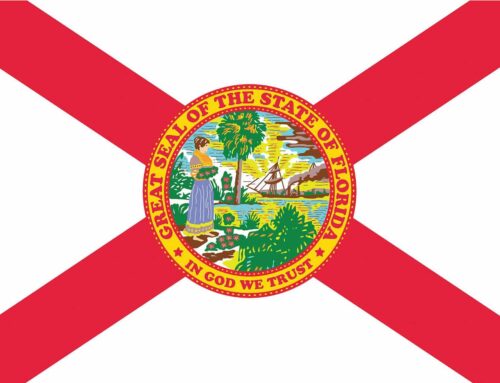With car insurance rates going up across the country, a lot of people are looking for ways to save money on car insurance premiums. And a lot of people are taking a hard look at a relatively recent innovation in the car insurance industry: pay-per-mile car insurance.
It works like this:
Customers pay a relatively low flat monthly minimum, and then an additional amount for every mile they drive their car.
These products are possible thanks to modern GPS and telematics technology: Car insurance carriers can get an automated data feed from your car that tells them how much you drive, and even what roads you’re taking, how fast you’re going, how hard you’re taking those turns, and how hard and how frequently you’re slamming on the brakes.
The idea is promising: People who hardly ever drive their cars are very low risk for car insurance companies. But they’ve historically been overcharged for car insurance, relative to the claims they generate. If you tell your car insurance company on your car insurance application you drive 10,000 miles a year but you only drive a tenth of that, you’re overpaying.
By switching to a pay-per-mile approach, in theory, people who don’t drive much can pay a more appropriate rate.
Now that technology has made pay-per-mile pricing possible, these polices are gaining traction among people who work from home, college students, homebodies, the elderly, and urban dwellers who live close to nearly everything they drive to.
They became especially popular when the Pandemic turned millions of traditional commuters into remote home office workers. When your 30 mile commute turns into zero overnight, that changes the equation.
The disadvantage: First, lots of people drive more than they think they do. Even home office workers. Because now they can drive all throughout the day. They don’t park their car for eight hours at the office! So it frequently doesn’t save as much money as they think.
Second, you get a variable bill. Every month is different. Lots of people get caught by surprise when they drive more than usual during the previous month and get a much larger car insurance premium than they were expecting.
It will be different every month, like an electric bill. But unlike the electric company, pay-per-mile car insurance companies don’t offer a “budget billing” option.
If you’re on a tight budget every month and you don’t have much in the way of savings, pay-per-mile might not be a great match for you. Don’t endanger your rent or mortgage payment to make your car insurance premium. And don’t risk getting your car insurance cancelled because you can’t pay your premium that month you made that road trip to attend that wedding or funeral or drop off your daughter at college and forgot you were paying insurance by the mile.
Some pay-per-mile car insurance companies have a daily cap on the number of miles that they can charge you for. For example, if they have a daily cap of 150 miles, and you drive 300 miles in one day, you’ll only get charged for 150.
This could be a valuable feature if you don’t drive much but occasional
So far, pay-per-mile insurance isn’t living up to its promises. We’re seeing a lot of bad reviews and a lot of disappointed customers. It’s probably not a bad product. But it’s being sold to the wrong people a lot. And it’s become a marketing gimmick.
So far, most of our clients are getting better results by using a temporary telematics program: You install some data collection sensors in your car, and your car insurance carrier gets about 90 days of driving data. If the data says you’re a safe driver (driving within the speed limit, with few rapid accelerations and decelerations, driving mostly during daylight hours or avoiding the high-risk late night hours, etc.), you can often get a very nice discount on your car insurance.
Your typical monthly mileage will be baked into the cake already. You’ll get a consistent premium every month for the duration of your policy that you can predict and budget for. No nasty billing surprises.
With telematics, you’re setting yourself up for a better scenario. You have less downside risk. And they give the participation discount upfront.
As always, the best way to go is to use an independent car insurance broker. One who isn’t captive to any single company, but one who can help you compare quotes from many different carriers in your state, all competing for your business.
Call us at (855) 438-7353, or click here to fill out this quick information form, and let us help you get quotes from as many as a dozen competing carriers. Chances are excellent we can save you money every month on your car insurance premiums.
See you on the road!
Steve “Mr. Insurance” Ludwig
For Further Reading
What Is PIP in Car Insurance?
Bad Credit Car Insurance – How to Get It, How to Fix It






